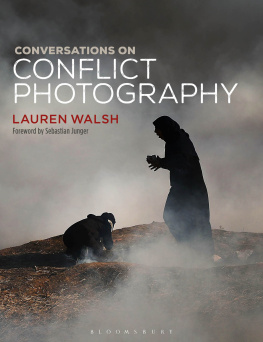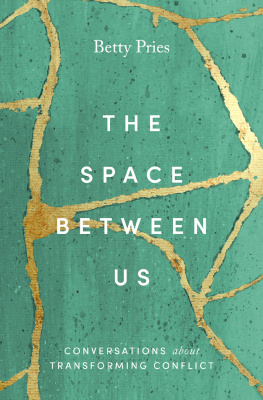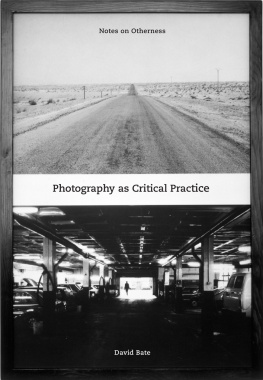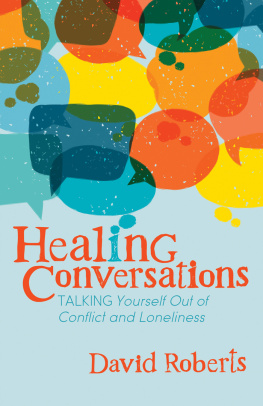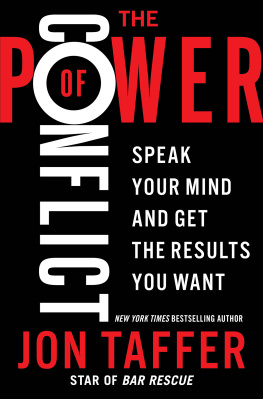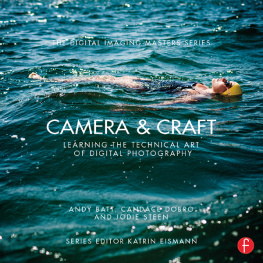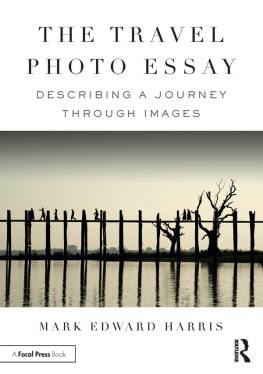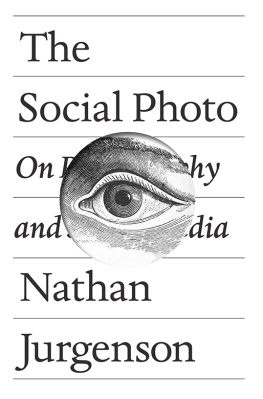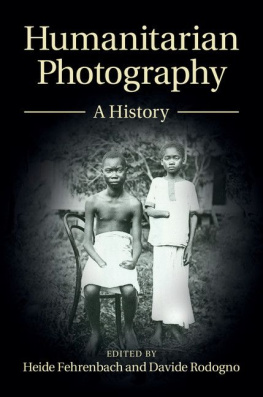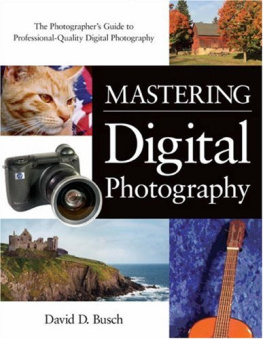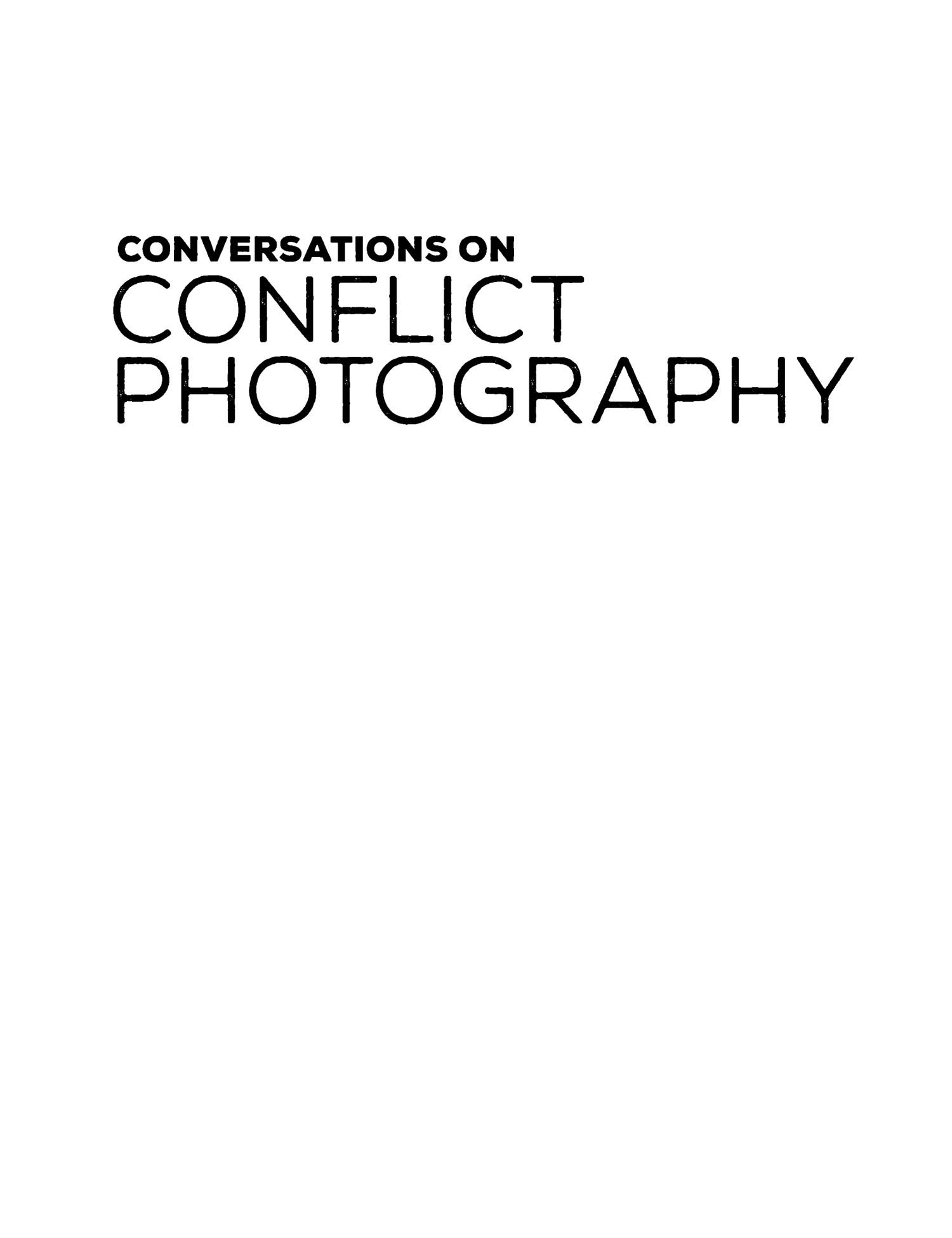

CONTENTS
Conversations on Conflict Photographyreferences the state of the world through late 2018. As with any text that comments on current events, details can change past the point of publication. But even when a reference here or a detail there falls out of date, the larger scope of these conversations nevertheless endures. This is a book focused on understanding how conflict imagery is thought about and handled by the practitioners who create and use it in a variety of situations. It is written in the belief that understanding these perspectives can help us in looking back and reflecting, as well as looking forward thoughtfully into the future of photography and the documentation of conflict and crisis.
All websites and associated content that are referenced inConversations were verified as the book was completed.
Sebastian Junger
Visual documentarians are the eyes of modern society, and among them, the work of photographers is particularly vital. We live in an interconnected but complex world in which we cannot possibly keep track of every event, and importantly, every moment of conflict. So a de factoarrangement has been made with a population of a few hundred or perhaps even a thousand photographersthose who enter the complicated realm of conflict photography. They will fan out across the world to document humanity, sometimes its fortunes, more often its travails. They will be poorly paid but highly valued. They will be admired for their courage and critiqued for their voyeurism. Their job offers a shortcut to the top of the journalistic hierarchy but might also get them killed. For those it spares, the erratic and highly mobile nature of the job will often wreak havoc on their personal lives.
In return, society gets a visual record of what its doing. Words are often the primary instrument of liars, and photographic images are the primary instrument of those who insist on the truth. When official lies are exposed and underdog narratives reportedthink of the Vietnam War-era napalm girl photo, the haunting image of a lifeless child washed ashore on a Turkish beach in 2015, and much of Civil Rights photographyevery good person applauds the free movement of information. Without such stirring images, many would not believe, for instance, the numerous allegations of excessive force used by American police; we would probably not believe the sheer extent of civilian death in Syria; we might not even believe the Holocaust. And even if we believed those things, we might not experience their full emotional reality. A photograph of a black accordion player crying at FDRs funeral says more about America, race, death, and music than any grouping of words ever could.
During the Middle Ages, the newly invented crossbow bolt had the ability to penetrate armor and take down a mounted knight. A peasant with a homemade weapon couldwith one well-aimed shotreverse a thousand years of social order. Centuries later, the shoulder-fired rocket can take out a tank. Similarly, an individual armed with a camera can take down a police department. Or a government. Or a whole way of seeing the world.
As an atheist, I struggle to define the word sacred. There is a great need for this word and yetin a universe without clear evidence of God or higher moral orderit has no obvious meaning. I would offer that the discovery and transmission of the truth is a sacred task. This can take many forms, but the photographic image, housed in a proper context, is one of the most unimpeachable. As such, the professionals who faithfully preserve the truth with their cameras should be honored in the highest possible terms. And their methods and perspectives must be understood in order to fully appreciate their immense contribution to society. These photographers may be the last and mightiest defenders of the free and open society that we enjoy and to some degree have learned to take for granted.
Sebastian Junger is the #1New York Times bestselling author ofThe Perfect Storm, in addition to the acclaimedFire ,A Death in Belmont ,War , andTribe . He has covered major international news stories, and has received both a National Magazine Award and a Peabody Award.
Next page
